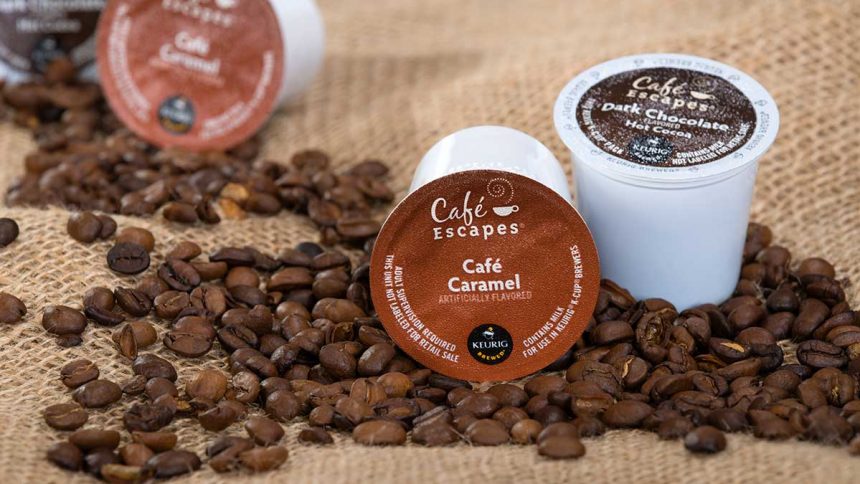
Keurig Dr Pepper has been fined $15 million by the Securities and Exchange Commission (SEC) for deceptive claims regarding the recyclability of its K-Cup coffee pods. This ruling is part of a larger trend of holding companies accountable for overstating the sustainability of their products, emphasizing the importance of truth in green marketing.
The SEC discovered that Keurig Dr Pepper misled consumers by promoting K-Cups as recyclable in numerous communities across the U.S. and Canada, despite the fact that most recycling facilities cannot process the pods due to their complex material composition. K-Cups contain a mix of plastic, aluminum, and paper filters that are challenging to separate, leading them to often end up in landfills rather than being recycled.
Although Keurig Dr Pepper now uses polypropylene plastic for its pods, which is technically recyclable, the reality is that such small, mixed-material items like K-Cups are rarely recycled in practice. Municipal recycling systems lack the necessary equipment to handle them, making their disposal in landfills a common fate.
SEC Cracks Down on Greenwashing
This fine signals the SEC’s increased vigilance in scrutinizing companies’ environmental claims. As more companies disclose their environmental practices, the agency will be monitoring for instances of greenwashing, hoping to deter exaggerated or false sustainability claims.
The settlement with Keurig Dr Pepper demonstrates the seriousness of regulators in ensuring transparency and honesty in environmental marketing practices.
Implications for Consumers
For consumers using K-Cups, this serves as a reminder that not all “recyclable” labels guarantee effective recycling. While the plastic in K-Cups may be technically recyclable, the pods are often too small and difficult to process for standard recycling facilities, leading to their disposal as trash.
To recycle K-Cups properly, consumers would need to disassemble them, separating the plastic, aluminum, and paper components, a labor-intensive task that many may not undertake. Alternative coffee brewing methods that produce less waste, like reusable filters or compostable pods, could be considered.
Corporate Responsibility
As part of the settlement, Keurig Dr Pepper has committed to improving its sustainability practices and providing accurate information on product recyclability. This case underscores the need for companies to take greater responsibility for the waste generated by their products, emphasizing the importance of infrastructure to support recycling initiatives.
Consumers aiming to reduce their environmental impact may explore coffee brewing methods with less waste or utilize specialized recycling programs specifically designed for items like K-Cups.
Conclusion
The SEC’s enforcement action against Keurig Dr Pepper serves as a warning to companies engaging in greenwashing practices. As consumer demand for transparency and genuine environmental solutions increases, businesses must prioritize sustainability over marketing gloss. Consumers, on the other hand, should remain informed, question green claims, and take proactive steps to reduce waste beyond what is advertised on product packaging.






